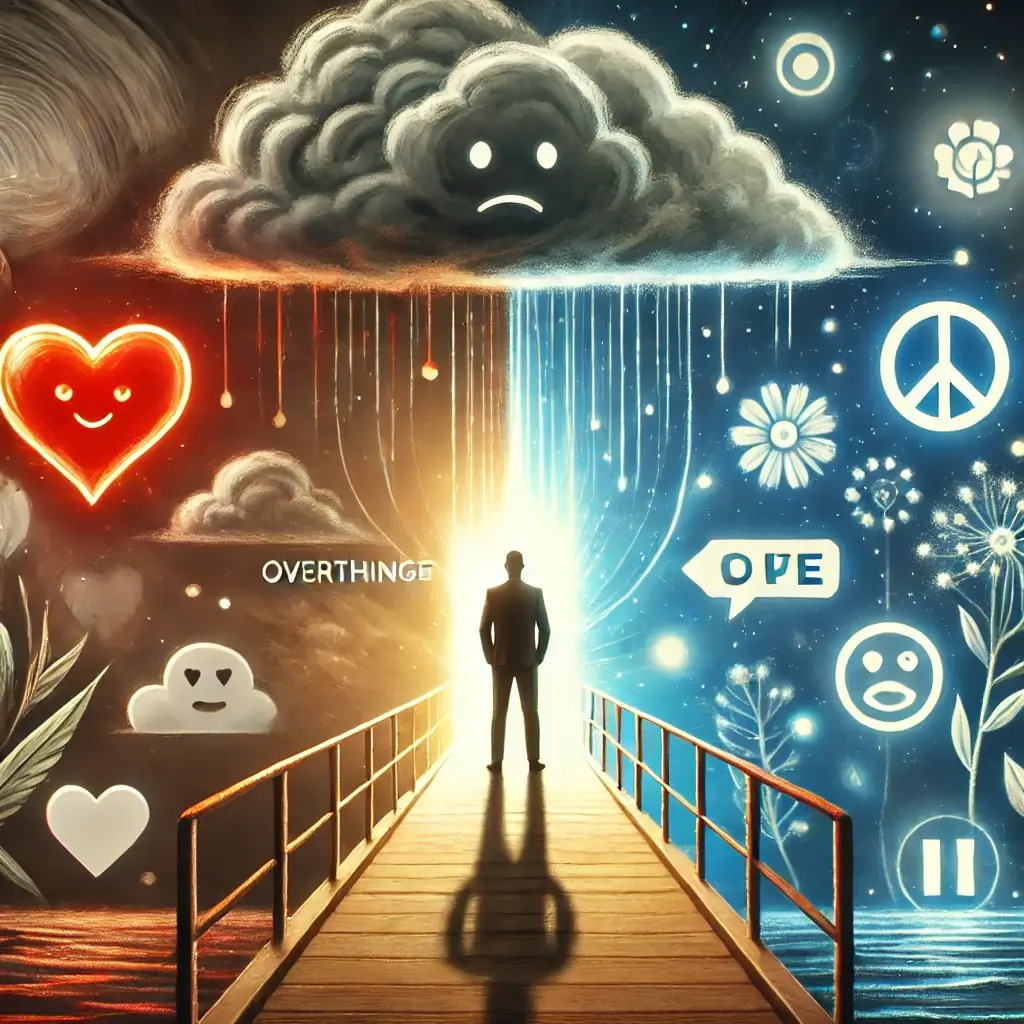The Challenge of Dating with Anxiety
The world of dating is often portrayed as exhilarating and romantic, but for those grappling with anxiety, it can feel more like a daunting maze. Anxiety’s invisible grip—manifesting as overthinking, fear of rejection, or the pressure to impress—often clouds the joys of connection. Despite these hurdles, dating doesn’t have to be an isolating or overwhelming experience. With the right mindset and tools, even the most anxious daters can foster fulfilling relationships.
The Prevalence of Dating Anxiety
Research reveals that social anxiety affects nearly 15 million adults annually in the United States, with many experiencing heightened stress in dating scenarios (Anxiety and Depression Association of America, 2022). Whether it’s meeting someone for the first time or navigating the nuances of emotional vulnerability, dating while managing anxiety requires patience and strategy. This article offers a fresh perspective, practical tips, and evidence-based approaches to help anxious individuals reframe dating as an opportunity for growth and connection.
Innovative Approaches to Easing Dating Anxiety
Innovative Approaches to Easing Dating Anxiety
Embracing Gradual Exposure
A central tenet of managing dating anxiety is exposure—facing fears incrementally. Gradual exposure therapy, as endorsed by the American Psychological Association, involves small, controlled steps to confront anxiety-inducing situations. For instance, starting with casual group outings or virtual dates can be less intimidating than diving into one-on-one interactions immediately. Regularly engaging in such activities builds confidence over time and allows individuals to practice essential social skills in a safe environment.
The Role of Positive Psychology
Positive psychology emphasizes focusing on strengths and gratitude to counteract negative thought patterns. A study in the Journal of Positive Psychology highlights how maintaining a gratitude journal or affirming self-worth before dates can diminish the self-critical narratives often fueled by anxiety (Brown et al., 2021). These practices prepare individuals to approach dating with optimism and resilience. Additionally, visualizing past successes and positive experiences can reinforce a sense of self-efficacy, boosting confidence ahead of a date.
Leveraging Technology Mindfully
Dating apps, often a source of stress, can also be empowering tools if used strategically. Features such as Bumble’s guided icebreakers or Tinder’s video calls help create structured, low-pressure interactions. Additionally, apps like OkCupid offer compatibility quizzes, allowing users to find matches with aligned values and interests, reducing the uncertainty that fuels anxiety. To further ease the process, some platforms now include virtual speed-dating events or conversation starters tailored for users with social anxieties.
Grounding Techniques for Date Day
When anxiety peaks before a date, grounding techniques can provide relief. The 5-4-3-2-1 method, endorsed by the National Institute of Mental Health (NIMH), encourages focusing on five things you see, four things you feel, three things you hear, two things you smell, and one thing you taste. These sensory exercises redirect the mind from anxious spirals to the present moment. Similarly, deep-breathing exercises or progressive muscle relaxation techniques can calm pre-date nerves and foster a sense of control.
The Science of Vulnerability
Building genuine connections often requires emotional vulnerability, which can feel counterintuitive for those with anxiety. However, a 2019 study in the Journal of Social Psychology found that sharing small, authentic pieces of personal information fosters trust and deepens bonds. Start with lighter topics and gradually open up as comfort grows. Additionally, practicing active listening—showing genuine interest in your date’s thoughts and feelings—can shift focus away from self-consciousness and build rapport more effectively.
Building Resilience Over Time
Dating success for individuals with anxiety often involves a shift in mindset. Instead of viewing awkward moments as failures, reframe them as learning opportunities. Dr. Kristin Neff’s work on self-compassion emphasizes treating oneself with the same kindness extended to a friend. This approach helps anxious daters recover from perceived missteps without spiraling into self-criticism (Neff, 2021). Resilience can also be nurtured through supportive social networks or therapy, where individuals are encouraged to celebrate small victories and persist despite setbacks.
Conclusion
Navigating the dating world with anxiety is undeniably challenging, but it’s far from impossible. By embracing gradual exposure, focusing on strengths, leveraging technology, and practicing self-compassion, individuals can transform dating from a source of dread to a path of discovery. Success doesn’t lie in erasing anxiety but in learning to dance with it—one brave step at a time. Each interaction offers an opportunity for growth, connection, and self-awareness, paving the way for meaningful relationships.
References
Anxiety and Depression Association of America. (2022). Social Anxiety Disorder Facts. Retrieved from ADAA website
Brown, M., et al. (2021). Gratitude Interventions and Anxiety Reduction in Romantic Scenarios. Journal of Positive Psychology.
National Institute of Mental Health. (2020). Grounding Techniques for Anxiety Management. Retrieved from NIMH website
Neff, K. (2021). Self-Compassion and Resilience: A Pathway to Overcoming Anxiety. Journal of Anxiety Management.
Journal of Social Psychology. (2019). Emotional Vulnerability and Connection Formation: A Review.
